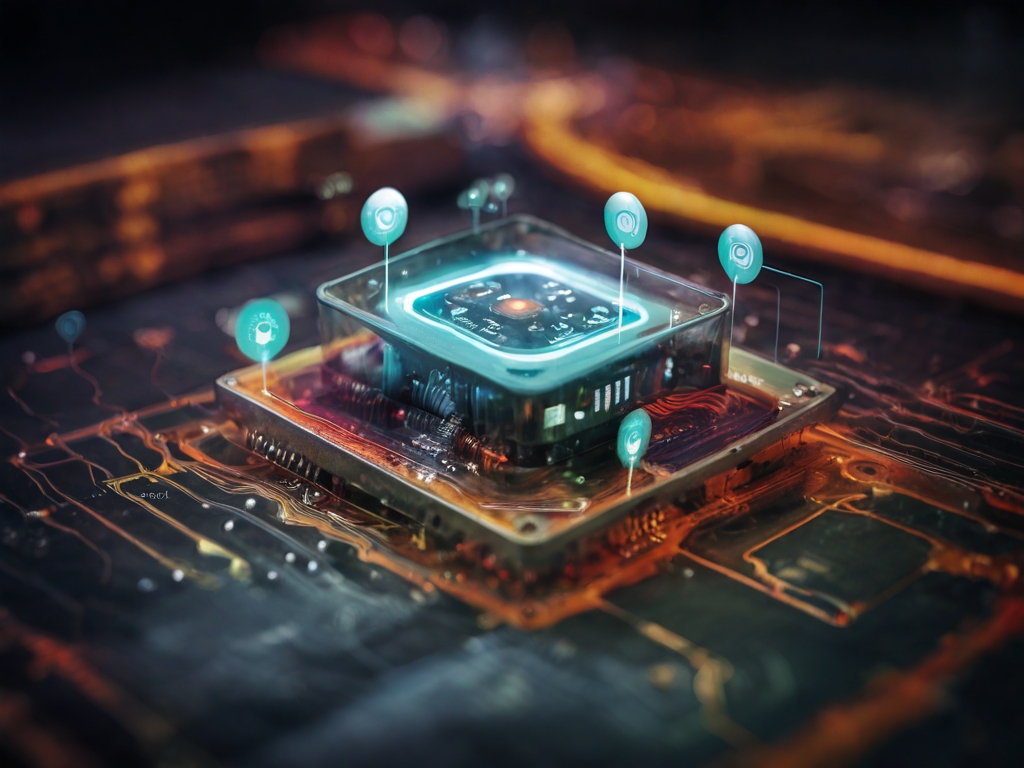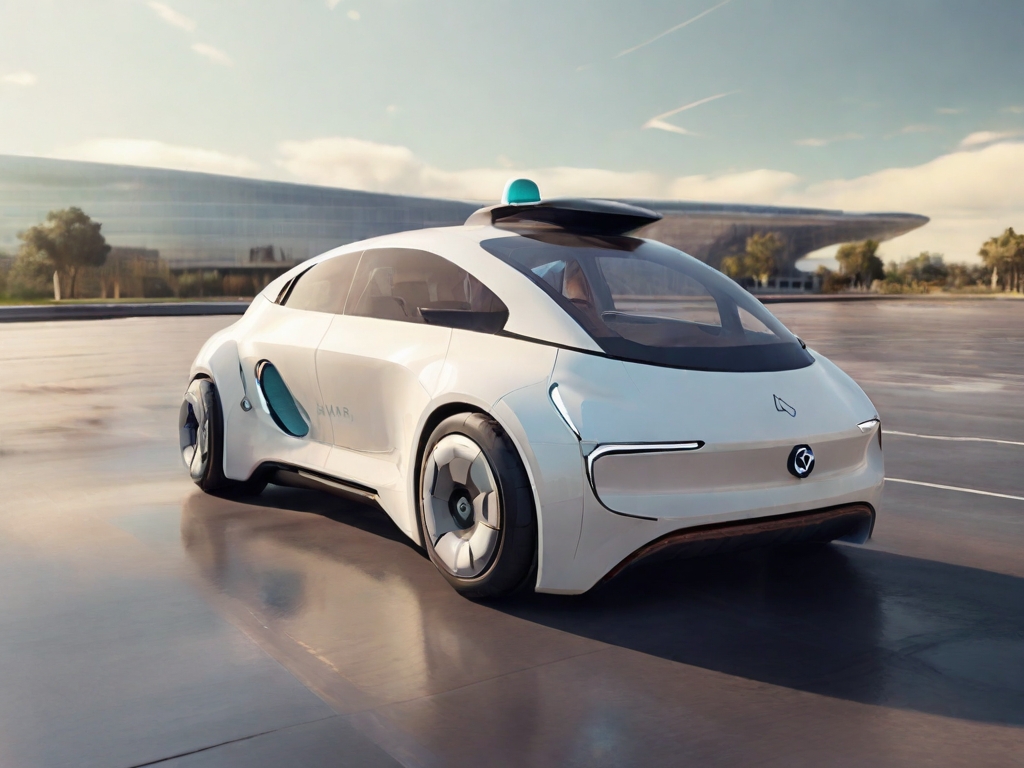
Introduction
In the grand tapestry of technological advancements, few threads are as captivating and transformative as Artificial Intelligence (AI). As we stand at the precipice of a new era, the “future of AI” beckons us with promises of innovation, disruption, and unparalleled progress. From its humble beginnings to its current state of sophistication, AI has traversed a remarkable journey, yet its true potential remains largely untapped. In this comprehensive exploration, we embark on a journey to unravel the mysteries and possibilities that lie ahead, delving into the realms of “future of artificial intelligence,” “AI and the future,” and beyond.

The Evolution of AI: A Retrospective Glance
To comprehend the trajectory of AI’s future, it’s imperative to trace its evolution. From the seminal works of Alan Turing to the groundbreaking research at DeepMind, AI has undergone an exponential metamorphosis. Early endeavors focused on symbolic reasoning and rule-based systems, laying the foundation for cognitive computing. However, it was the advent of neural networks and machine learning algorithms that catalyzed a paradigm shift, enabling AI to learn from data and adapt autonomously.

Current Landscape: AI’s Dominance and Limitations
In the contemporary landscape, AI permeates every facet of our lives, from virtual assistants on our smartphones to sophisticated algorithms powering financial markets. Deep learning models such as GPT (Generative Pre-trained Transformer) have achieved remarkable feats in natural language processing and image recognition, heralding a new era of AI capabilities. However, amidst the euphoria of AI’s triumphs, lurk inherent challenges and ethical dilemmas. Concerns regarding algorithmic bias, data privacy, and the potential for job displacement loom large, underscoring the need for responsible AI development.

Unveiling the Future: A Glimpse into Tomorrow
The “future of AI” holds boundless possibilities, reshaping industries, societies, and the very fabric of human existence. One of the most intriguing prospects is the convergence of AI with other exponential technologies such as blockchain, quantum computing, and biotechnology. Imagine a world where AI-powered autonomous vehicles navigate seamlessly through smart cities, optimizing traffic flow and reducing carbon emissions. Picture a healthcare landscape where AI-driven diagnostics revolutionize disease detection and personalized treatment regimens.

AI for Good: Shaping a More Equitable Future
Amidst the fervent pursuit of technological advancement, it’s imperative to harness AI for the collective good. Initiatives such as AI for Social Good and the United Nations Sustainable Development Goals underscore the transformative potential of AI in addressing global challenges. From climate change mitigation to healthcare accessibility, AI holds the key to unlocking innovative solutions that transcend geographical boundaries and socioeconomic disparities.

Ethical Imperatives: Navigating the Moral Maze
As AI assumes an increasingly omnipresent role in our lives, ethical considerations become paramount. The principles of transparency, accountability, and fairness must underpin AI development and deployment. Furthermore, proactive measures are essential to mitigate the risks of AI-driven misinformation, surveillance, and autonomous weaponry. Ethical frameworks such as the IEEE Global Initiative on Ethics of Autonomous and Intelligent Systems provide a roadmap for navigating the complex terrain of AI ethics.

Challenges on the Horizon: Anticipating Obstacles
While the future of AI brims with promise, it’s not devoid of challenges and uncertainties. The notion of “future predicting AI” raises profound philosophical questions regarding determinism, free will, and the nature of consciousness. Moreover, the proliferation of deepfakes and AI-generated content exacerbates concerns surrounding digital manipulation and trustworthiness. Tackling these challenges necessitates interdisciplinary collaboration, robust regulatory frameworks, and ongoing dialogue between policymakers, technologists, and ethicists.

Empowering the Next Generation: Fostering AI Literacy
In an increasingly AI-driven world, cultivating AI literacy becomes imperative for individuals of all ages and backgrounds. Educational initiatives aimed at demystifying AI and fostering computational thinking empower learners to become responsible stewards of AI technology. From K-12 curricula integrating AI concepts to lifelong learning programs for professionals, investing in AI education ensures that future generations are equipped to navigate the complexities of the digital age.

Conclusion: Embracing the Promise of Tomorrow
As we gaze into the horizon of possibilities, the “future of AI” beckons us with a tantalizing vision of progress, innovation, and societal transformation. From augmenting human intelligence to redefining the boundaries of creativity, AI stands poised to usher in a new era of enlightenment and empowerment. However, realizing this vision requires a concerted effort to address ethical, societal, and technical challenges. By charting a course guided by principles of inclusivity, sustainability, and human-centricity, we can harness the full potential of AI to shape a future that is both prosperous and equitable. The journey ahead may be fraught with obstacles, but with foresight, collaboration, and unwavering resolve, we can navigate the uncharted territories of the AI landscape, embracing the promise of tomorrow with optimism and resilience.
